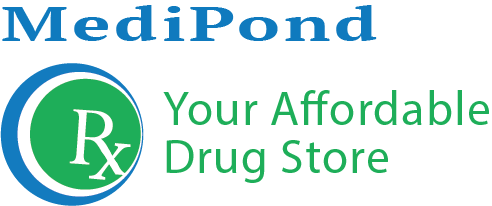Levofloxacin is used to treat a variety of bacterial infections. This medication belongs to a class of drugs known as quinolone antibiotics. It works by stopping the growth of bacteria. This antibiotic treats only bacterial infections. It will not work for viral infections (such as common cold, flu). Using any antibiotic when it is not needed can cause it to not work for future infections.
See also Warning section. Nausea, diarrhea, headache, dizziness, lightheadedness, or trouble sleeping may occur. If any of these effects last or get worse, tell your doctor or pharmacist promptly. Remember that your doctor has prescribed this medication because he or she has judged that the benefit to you is greater than the risk of side effects. Many people using this medication do not have serious side effects. Tell your doctor right away if you have any serious side effects, including: unusual bruising/bleeding, signs of kidney problems (such as change in the amount of urine), signs of liver problems (such as nausea/vomiting that doesn't stop, loss of appetite, stomach/abdominal pain, yellowing eyes/skin, dark urine). Get medical help right away if you have any very serious side effects, including: chest pain, severe dizziness, fainting, fast/irregular heartbeat, signs of a tear/break in the main blood vessel called the aorta (sudden/severe pain in the stomach/chest/back, cough, shortness of breath). This medication may rarely cause a severe intestinal condition (Clostridium difficile-associated diarrhea) due to a type of resistant bacteria. This condition may occur during treatment or weeks to months after treatment has stopped. Tell your doctor right away if you develop: diarrhea that doesn't stop, abdominal or stomach pain/cramping, blood/mucus in your stool. Do not use anti-diarrhea or opioid medications if you have any of these symptoms because these products may make them worse. Use of this medication for prolonged or repeated periods may result in oral thrush or a new yeast infection. Contact your doctor if you notice white patches in your mouth, a change in vaginal discharge, or other new symptoms. A very serious allergic reaction to this drug is rare. However, get medical help right away if you notice any symptoms of a serious allergic reaction, including: rash, itching/swelling (especially of the face/tongue/throat), severe dizziness, trouble breathing. This is not a complete list of possible side effects. If you notice other effects not listed above, contact your doctor or pharmacist. In the US - Call your doctor for medical advice about side effects. You may report side effects to FDA at 1-800-FDA-1088 or at www.fda.gov/medwatch.
Write a Product Review


